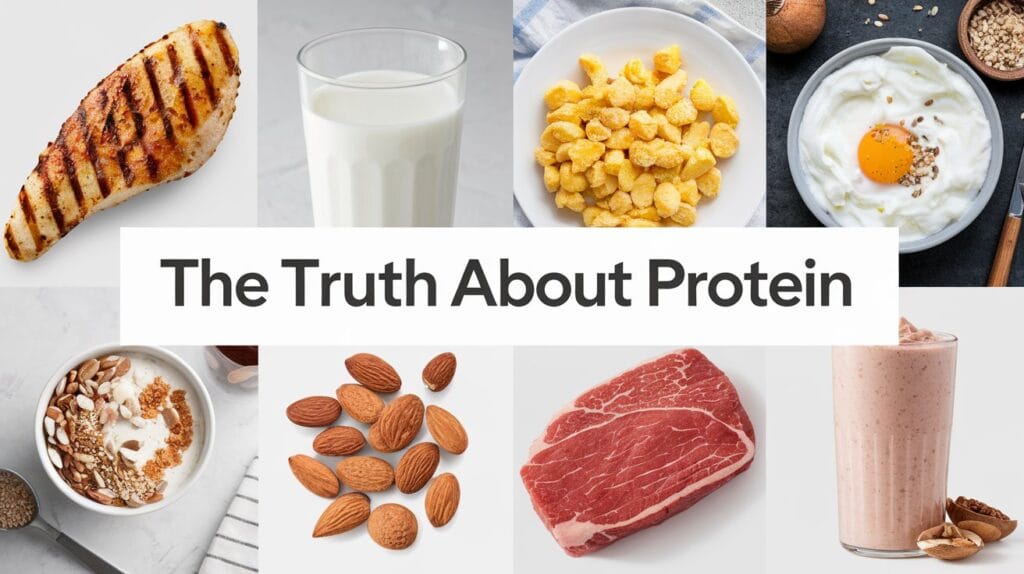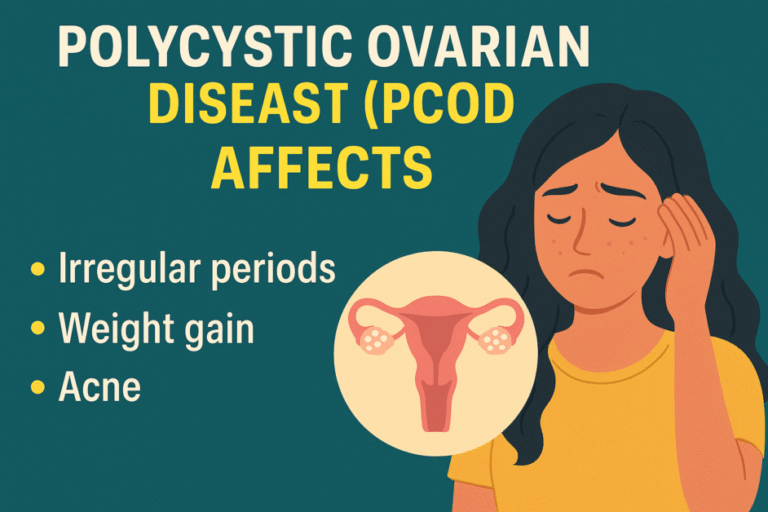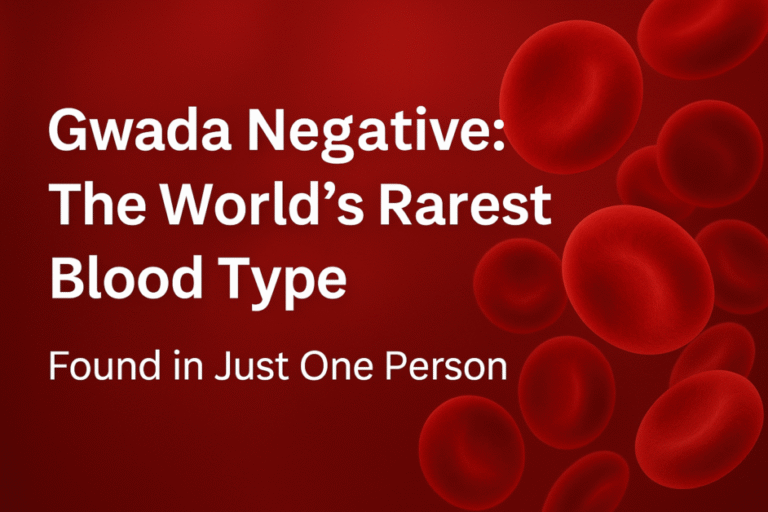The Truth About Protein: Myths, Facts, and What You Really Need to Know
Protein is one of the most talked-about nutrients in the fitness world. Whether you’re an athlete, bodybuilder, or someone looking to improve your health, you’ve probably heard countless opinions about how much protein you should eat, where to get it, and how it affects your body.
In this blog, we’ll separate fact from fiction and uncover the truth about protein.
What is Protein and Why is it Important?
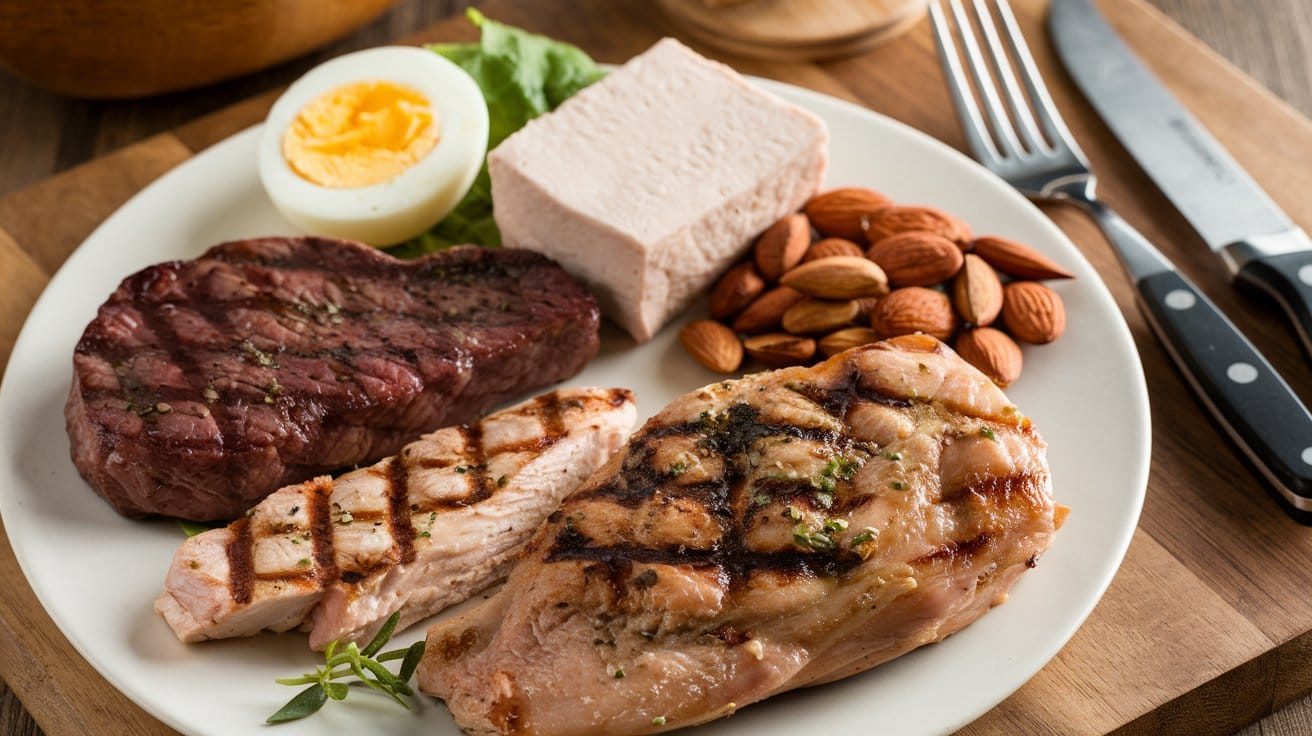
Protein is a macronutrient made up of amino acids, which serve as the building blocks for muscles, tissues, and organs. It plays a crucial role in:
- Muscle growth and repair
- Enzyme and hormone production
- Immune system support
- Overall cell maintenance and function
Unlike carbohydrates and fats, the body does not store protein for future use, making regular intake essential for optimal health.
How Much Protein Do You Really Need?
A common misconception is that consuming more protein automatically leads to increased muscle mass. While protein is vital for muscle repair and growth, excessive intake without adequate exercise and calorie balance will not necessarily result in greater gains.
The recommended daily intake varies based on activity level and fitness goals:
- Sedentary Individuals: 0.8 grams per kilogram of body weight
- Active Individuals & Athletes: 1.2-2.2 grams per kilogram
- Bodybuilders & Strength Trainers: 1.6-2.5 grams per kilogram
Maintaining the right balance of macronutrients is key to achieving optimal performance and muscle development.
The Best Sources of Protein
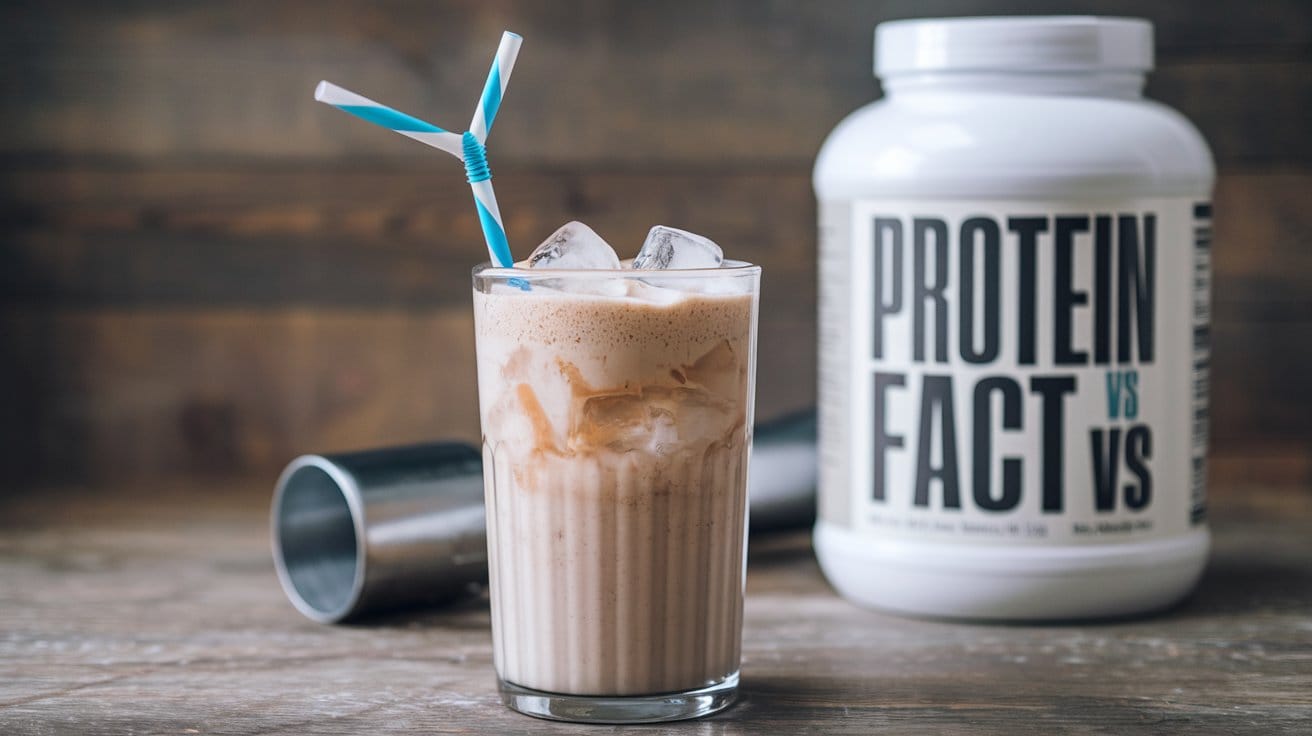
Not all protein sources are created equal. While animal-based proteins offer a complete amino acid profile, plant-based proteins can also provide essential nutrients when properly combined.
Here are some of the best sources:
Animal-Based Sources:
- Chicken, turkey, lean beef
- Fish (salmon, tuna, cod)
- Eggs
Dairy
- Greek yogurt
- cottage cheese
- whey protein powder
Plant-Based Sources:
- Lentils, beans, chickpeas
- Tofu, tempeh, edamame
- Quinoa, chia seeds, hemp seeds
- Nuts and nut butters
Myth vs. Fact: Debunking Common Protein Misconceptions
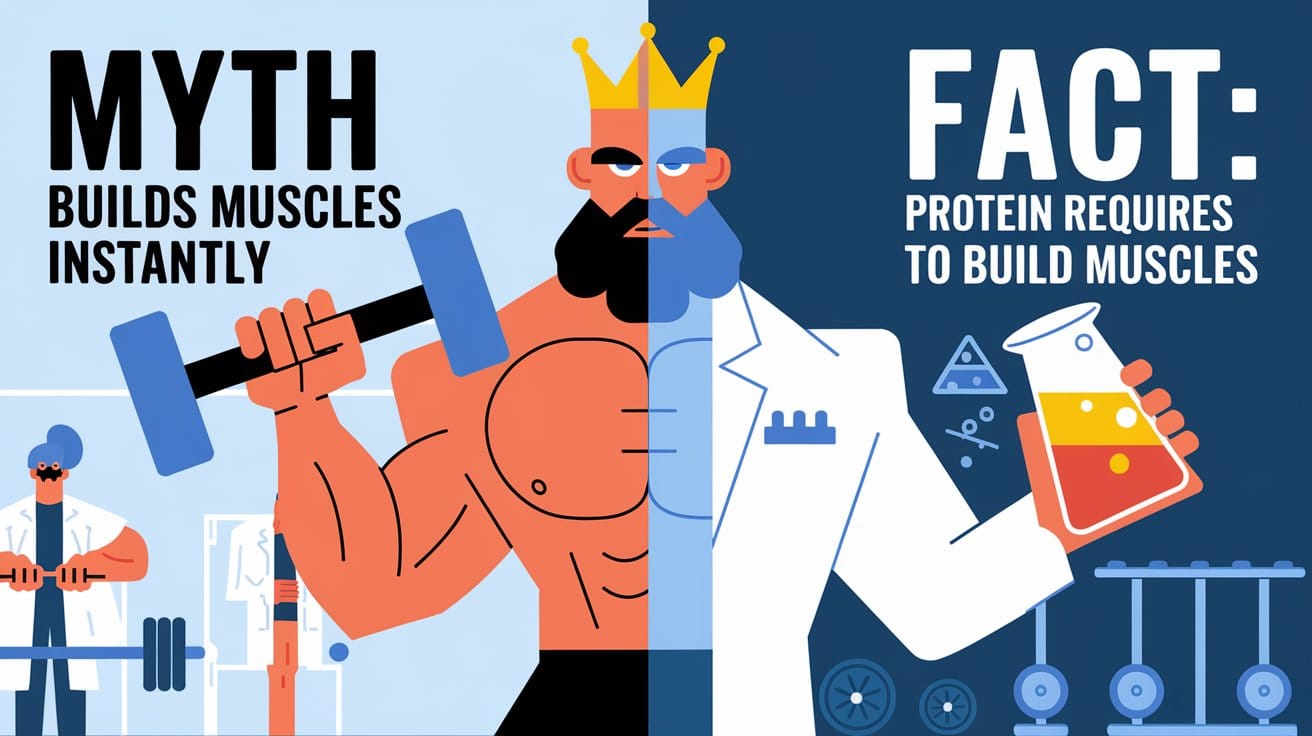
Myth 1: More Protein = More Muscle
Fact:
Building muscle requires a combination of adequate protein, consistent strength training, and sufficient caloric intake.
High protein intake without proper exercise will not lead to muscle gain.
Myth 2: Plant Protein is Inferior to Animal Protein
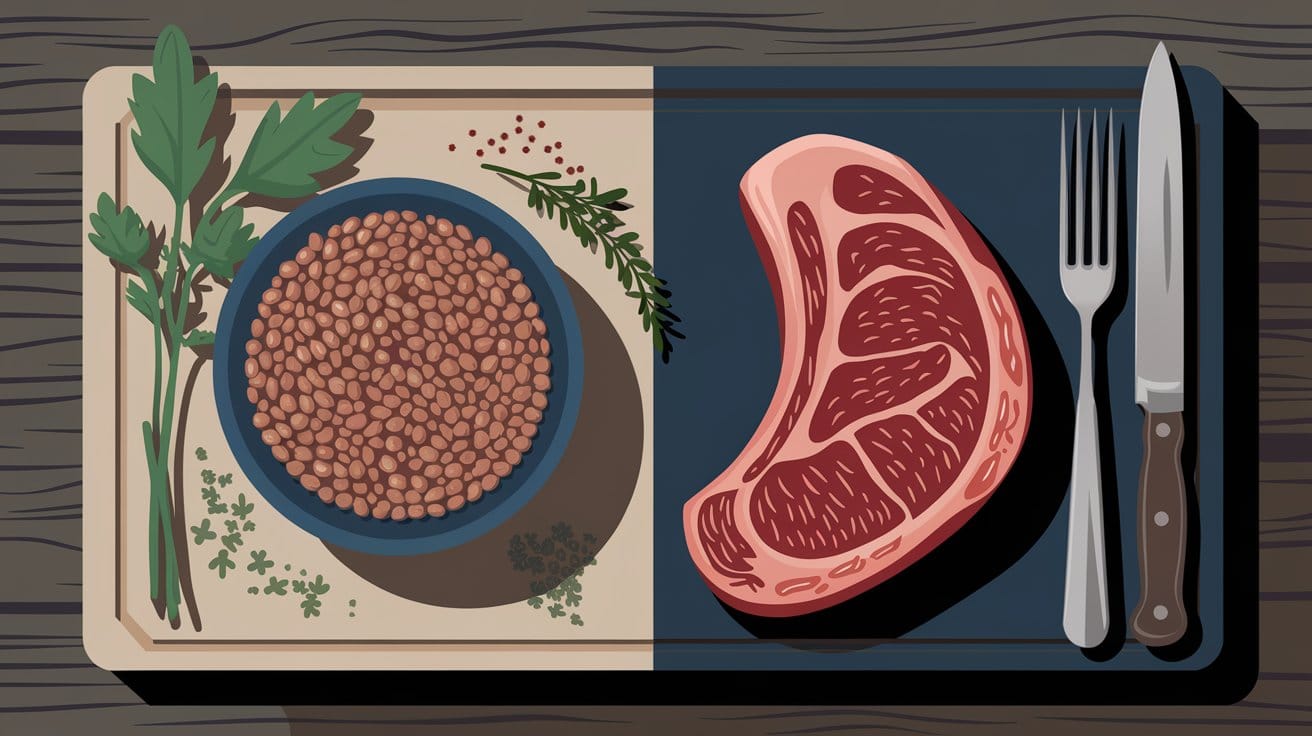
Fact:
While some plant proteins may lack specific amino acids, a well-planned plant-based diet can provide all essential nutrients required for muscle growth and overall health.
Myth 3: High Protein Diets Are Harmful to the Kidneys
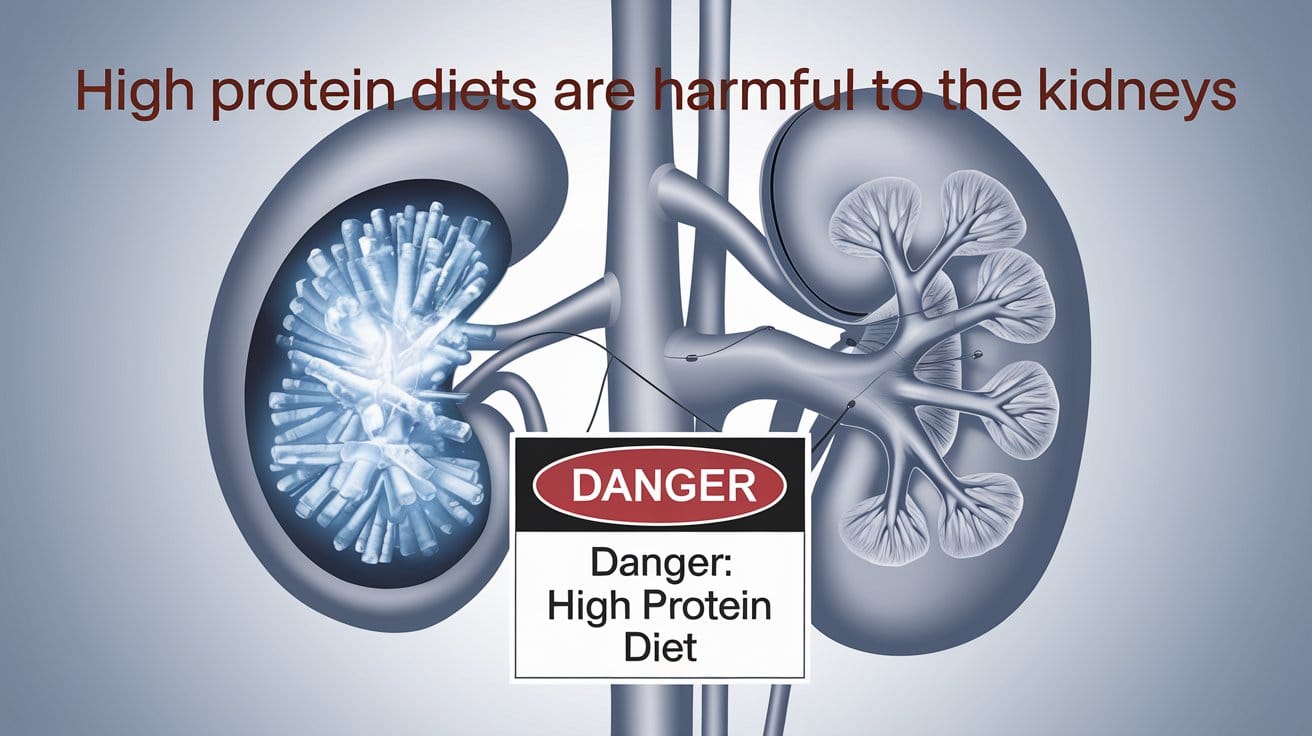
Fact:
For individuals with healthy kidneys, a high-protein diet poses no harm. However, those with pre-existing kidney conditions should consult a healthcare professional before making dietary changes.
How to Effectively Incorporate Protein Into Your Diet?
To maximise protein absorption and benefits, consider the following strategies:
- Distribute protein intake evenly throughout the day.
- Pair protein with healthy fats and carbohydrates for improved digestion and sustained energy.
- Utilize protein supplements if dietary intake is insufficient.
- Stay hydrated to support metabolic functions and nutrient absorption.
Conclusion:
Protein is an essential nutrient that supports muscle development, recovery, and overall well-being.
Understanding your individual protein needs and selecting high-quality sources will help you reach your fitness and health goals.
Focus on balance, bust the myths, and fuel your body the right way!
Want More Fitness & Nutrition Tips?
Subscribe The Muscle Beast for expert guidance on building strength, burning fat, and optimizing your diet!
Anabolic Steroids: Myths Busted
Artificial Intelligence in Healthcare: Transforming the Future of Medicine
Vitamin C or Vitamin D: Which One Boosts Your Immune System Better?

